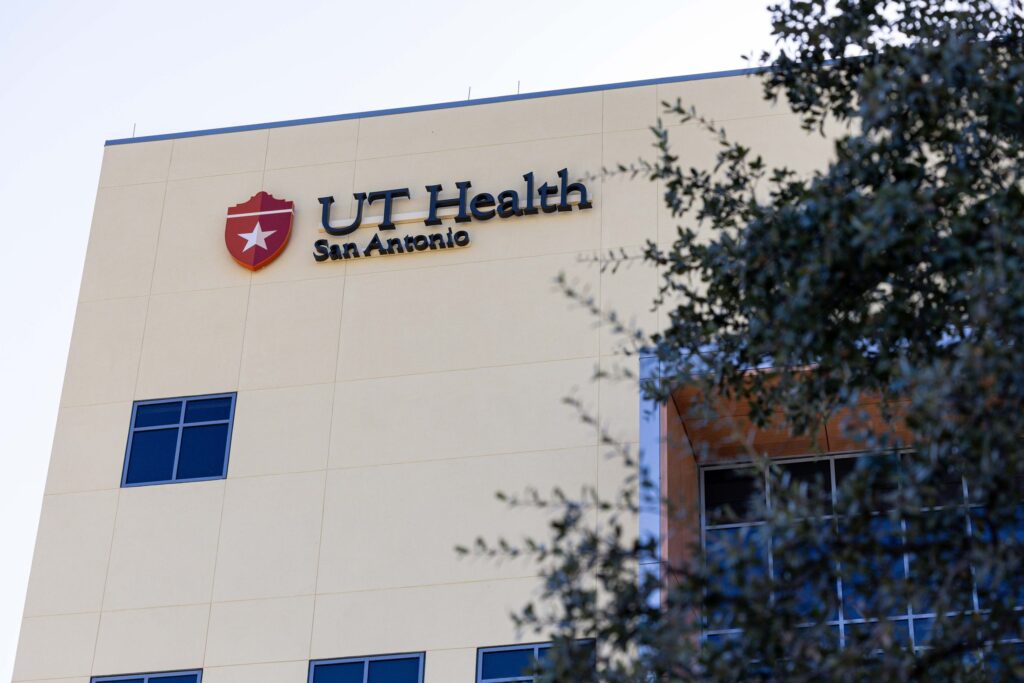
A new chapter in neurological care begins with the opening of the $100 million Center for Brain Health at the University of Texas San Antonio. This state-of-the-art facility will officially open its doors on December 10, 2023, in the South Texas Medical Center, bringing together advanced research, diagnostics, and patient care under one roof.
For Melissa Garcia, chief of staff and vice chancellor of the University of Texas System, this development is personal. Her father, diagnosed with Alzheimer’s Disease and Lewy Body Dementia in 2019, faced a rapid decline in health, ultimately passing away in May. Garcia’s family chose to donate his brain to the university’s Glenn Biggs Institute for research, emphasizing their commitment to combating these devastating diseases. “We hope that it will be a small yet profound part of showing the critically important mission that research will hopefully have to eliminate this tragic disease,” Garcia stated during the ribbon-cutting ceremony.
Comprehensive Care Under One Roof
The five-story, 100,000 square-foot center is designed to meet a wide range of needs for patients and their families. It features 91 exam rooms, physical therapy facilities, mental health support, and community rooms for caregiver education and support groups. Unique spaces for music, art, and meditation further enhance the therapeutic environment.
Dr. Carlayne Jackson, chair of UT San Antonio’s Department of Neurology, reflected on the evolution of neurological care, stating, “When I started my residency here in 1987, neurology was kind of teased as the field of ‘diagnose and adios.’ Now, nothing could be further from the truth. This center represents progress—real, meaningful progress.”
The center will also administer newly approved drug infusions designed to slow the progression of neurodegenerative diseases. Additionally, it houses one of the most advanced MRI scanners in Texas, which produces high-resolution images crucial for diagnosing and studying conditions like Alzheimer’s, Parkinson’s, and epilepsy.
Addressing Health Disparities
Located at 4940 Charles Katz Drive, the Center for Brain Health includes the Glenn Biggs Institute, one of just 37 federally designated Alzheimer’s research centers in the United States. Notably, this institute serves one of the largest Hispanic populations, a community that faces higher rates of dementia and has often been underrepresented in clinical trials.
Researchers at UT San Antonio are dedicated to exploring the complex interplay of social, genetic, and lifestyle factors contributing to the higher incidence of these diseases in South Texas. The center’s establishment coincides with the recent approval of Proposition 14 by Texas voters, which secured $3 billion in state funding for research into neurodegenerative diseases, further enhancing the state’s capacity for groundbreaking research.
Despite significant advancements, experts acknowledge that challenges remain. There is still no cure for Alzheimer’s and similar diseases, although new therapies show promise. Francisco Cigarroa, senior executive vice president for health affairs at UT San Antonio, underscored the center’s mission: “It is our responsibility to basically solve this mystery of Alzheimer’s and eliminate it. The center reflects our belief that scientific innovation must always be tied to humanity.”
Dr. Sudha Seshadri, founding director of the Glenn Biggs Institute, remains optimistic about future breakthroughs, stating, “We have so much more to do to make dementia treatable, reversible, and preventable.”
Ann Biggs, 91, a philanthropist and widow of the institute’s namesake, echoed this sentiment, highlighting the ongoing quest for solutions. “We still have work to do. We need to find those missing links. If we can move forward, I predict there could be a prize down the line,” she suggested, hinting at the potential for significant recognition in the field.
As the Center for Brain Health prepares to open, it symbolizes a new era in dementia care and research, fostering hope for patients and families while addressing critical health disparities in the community.







